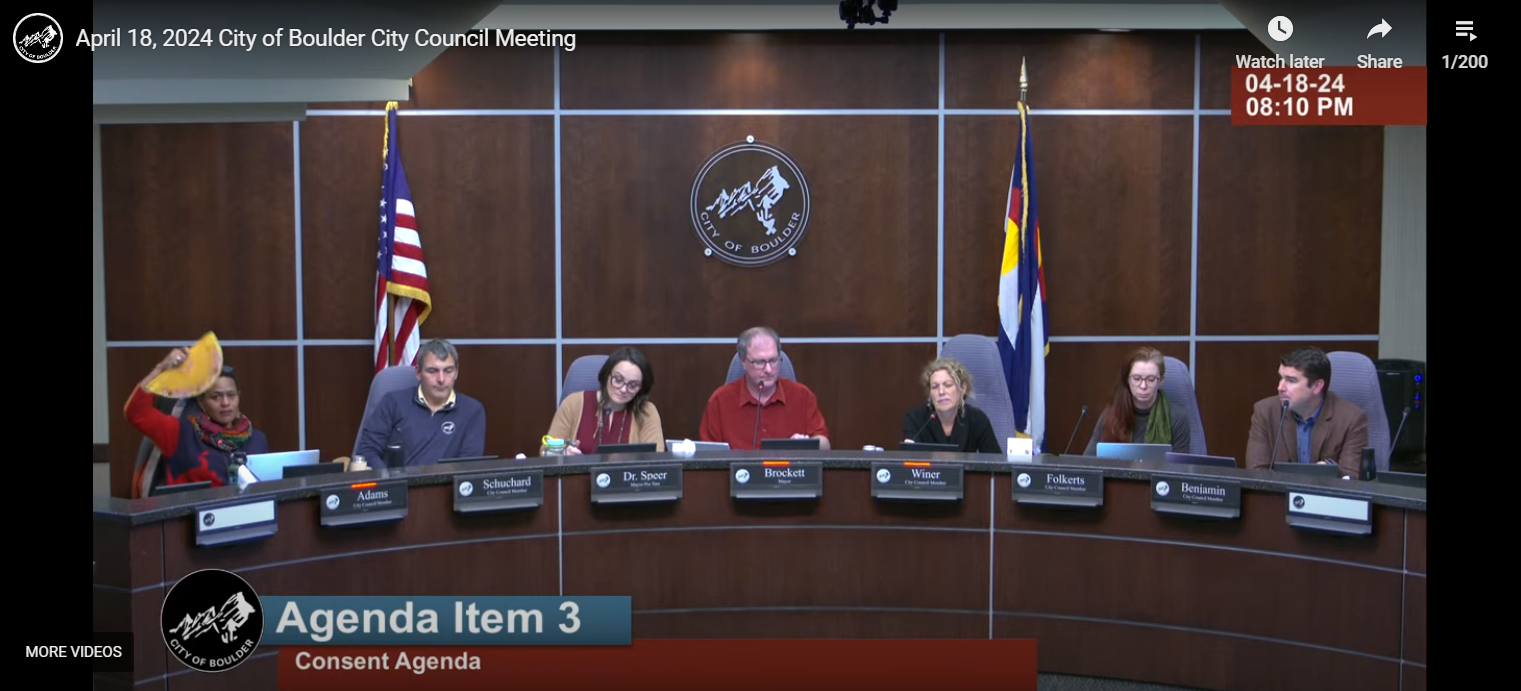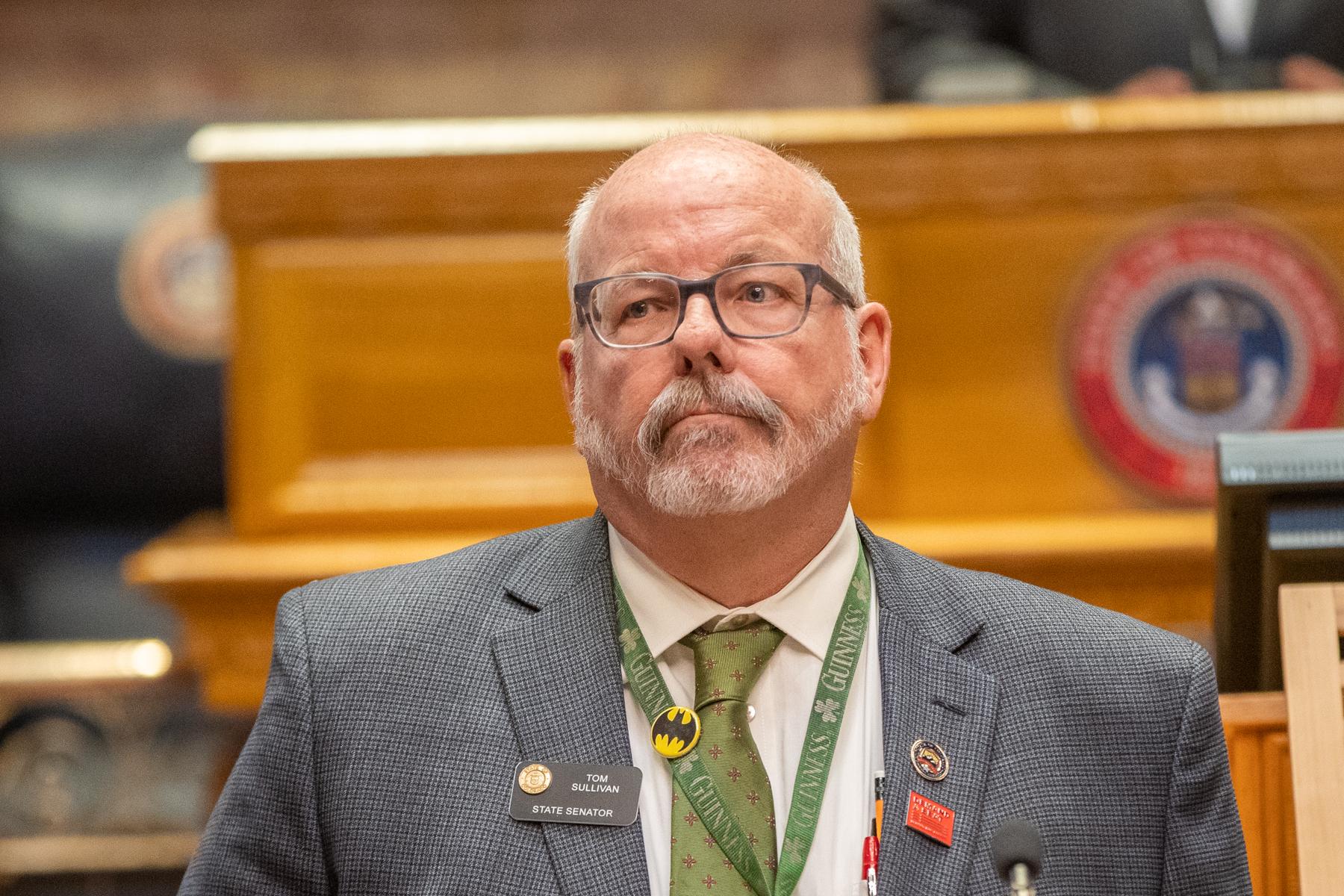The most important and controversial health care bill of this year's state legislative session gets its second hearing tomorrow (Wed, 4/13/11). It would set up a new market for health insurance, called an “exchange.”
Democrats and Republicans brought the bill together, but bi-partisanship quickly appeared to break down when it's Republican co-sponsor offered a hostile amendment. Colorado Public Radio Health Reporter Eric Whitney has a look at the bill's prospects going forward.
WHITNEY: Both Democratic and Republican state lawmakers say setting up a health insurance exchange in Colorado will be good for small businesses, their employees, and anybody shopping for insurance on their own.
And they're not alone. Senator Betty Boyd, the Lakewood Democrat who helped write the bill, says it's getting broad support outside the legislature.
BOYD: the insurers supported it, the providers supported it, the advocates for people who don't have health insurance are all supporting it. I've never seen anything like that.
WHITNEY: So imagine Boyd's surprise when her bill's co-sponsor in the House, Monument Republican Amy Stephens, introduced an amendment effectively scuttling the bi-partisan compromise.
BOYD: she knew I wasn't going to support that.
WHITNEY: Stephens' amendment said Colorado can only set up a health insurance exchange if the state asks and is allowed to opt-out of the federal Affordable Care Act, the health reform bill President Obama signed a year ago.
BOYD: to tie the state's participation in the federal law to this bill, I think, is not right.
WHITNEY: Both Boyd and Stephens said they were careful to write the law so Colorado's insurance exchange would stand on its own. That creating it wouldn't obligate the state to participate in the federal health law. But Tea Party activists aren't buying that. They say that because the federal health law- which they call “Obamacare” - asks states to set up exchanges, creating one in Colorado equals an endorsement of it.
CRANK: the concern came that it was being done, kind of with a gun to the head (laughs)of the state of Colorado by the federal government to implement this mandate.
WHITNEY: Jeff Crank is a Tea Party supporter who hosts a conservative talk radio show in Colorado Springs.
CRANK: Her decision to put the amendment in that basically said this shouldn't be any part of implementing Obamacare was well received by conservatives.
WHITNEY: Stephens offered the amendment after hearing strong criticism from the Tea Party. But she says she didn't do it for them. Stephens says the Tea Party is “extreme” on this issue, and that she wrote her amendment for state senators who who don't want to vote for a bill that could help advance the federal health law.
STEPHENS: they felt, was it strong enough? Was it clarifying enough?
WHITNEY: Senator Boyd says she didn't hear from any colleagues asking for stronger, clearer language.. And that when Stephens tried to attach her amendment to the bill in its first committee hearing a couple of weeks ago, it dealt a pretty strong blow to months of work at bipartisanship.
BOYD: The bill came out of the committee on a party line vote, unfortunately, because I know there were a couple of people there who had really wanted to vote for it, and I had heard earlier in the week were voting for it.
WHITNEY: Republican senators you're talking about?
BOYD: Right, right.
WHITNEY: That doesn't mean the bill is dead. Both Boyd and Stephens say they’ll continue working to get it passed.
But Stephens says she’ll probably re-write it before introducing it in the House. She says she wants to make it clear that setting up an exchange in Colorado won’t obligate the state to do anything under the federal health care law.
STEPHENS: there's certain ways to take a look at the bill and re-craft some areas that will really lend some clarity. Sometimes these bills speak over the heads of everybody, and I think we can bring it down and add more clarity. And that's what I'm working on, that's what I hope to do.
WHITNEY: If the House passes a re-written bill, that means it has to go to a House-Senate conference committee. And any comp romise struck there would then need approval by the full House and Senate.
Speaking as the House voted on an unrelated measure Monday, Stephens says she's willing to go through that process.
STEPHENS: and if we can make it work, then wonderful, and if we can't make this work, it won't be for lack of trying, and trying our best to get a really good policy on the table.
WHITNEY: Any bill Stephens manages to get through the House will also have to win the support of the broad coalition of busisness, health and consumer groups who already like the Senate exchange bill. The Colorado Hospital Association’s Steven Summer says any changes that would keep the state from implementing the federal health law would be a deal killer for his organization.
SUMMER: certainly if that provision were ultimately put on the bill, it would as someone described it a poison pill. It says something that we could not support.
WHITNEY: That’s true for the consumer group coalition backing the bill, too. Business groups that helped craft the original bill won’t comment on Stephens’ proposed amendment, but say they they like the bill as it’s written now.
Both Boyd and Stephens say they want to pass a good exchange bill this legislative session, because if Colorado doesn’t, then the federal government will. Both lawmakers say there are a lot of unknowns about what a federal exchange would look like, and that Colorado would be better off setting up its own to meet Colorado’s unique health insurance needs.









